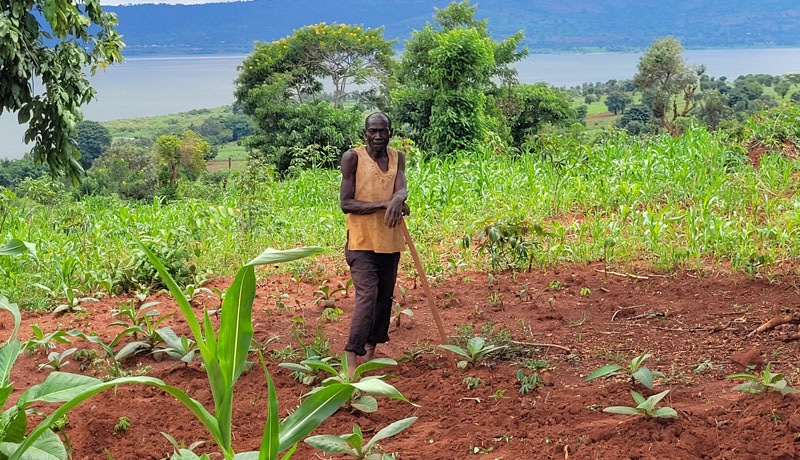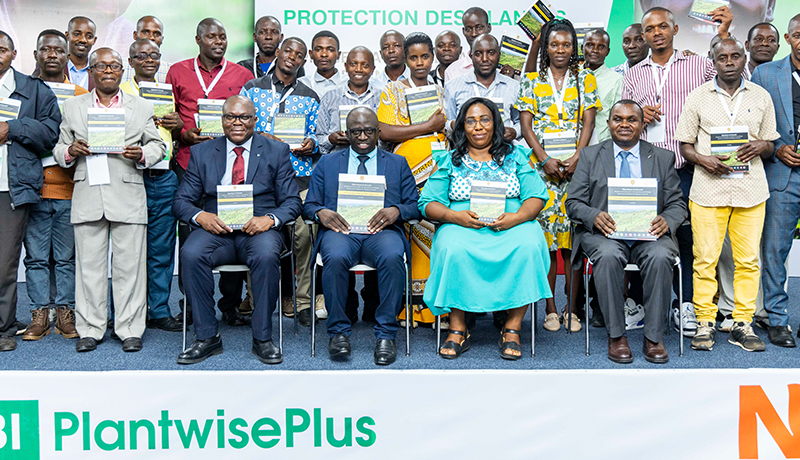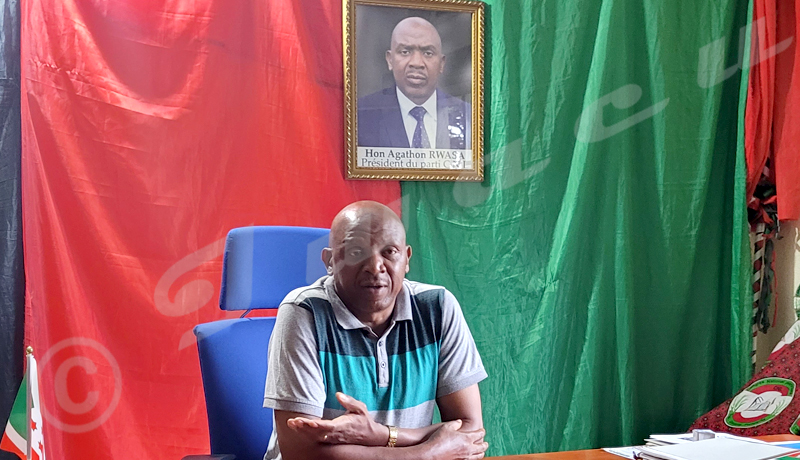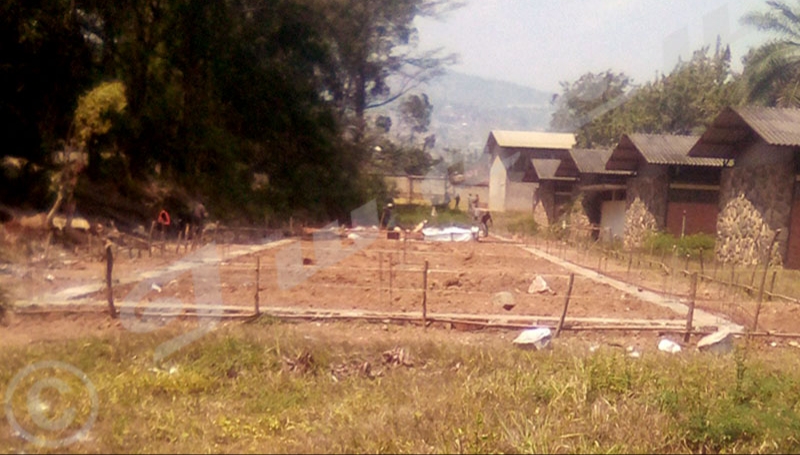East African Community (EAC) member states need to remove all non-tariff barriers so that deeper economic integration can yield sustainable economic growth, according to the African Development Bank (AfDB).
AfDB macroeconomist Walter Odero said the five nations will all benefit if there is free movement of capital, labour and goods within the economic bloc.
“As one of the fastest-growing regions in the world, the east African countries should encourage intra-regional trade in order to tap into their growing middle class,” Odero said Aug. 23 during the launch of the 2012/2013 African Economic Outlook, a report which provides the latest data on national economic performance across Africa.
The report, which was written by the Pan Africa Bank with assistance of UN agencies and the Organization of Economic Cooperation and Development (OECD), forecast Africa’s economic growth rate would reach 4.5 per cent in 2012 and 4.8 per cent in 2013. The AfDB official said if obstacles to full integration are removed, the region will be able to tackle infrastructure and energy gaps. “As a region, they will be able to attract both domestic and international funds to construct the big infrastructure projects,” Odero added.
He noted that the countries’ economies are already closely linked. “The gross domestic product expansion trends for Kenya mirror that of its EAC neighbours,” he said. AfDB Chief Economist Peter Ondiege said the EAC region is the second fastest growing region in Africa after West Africa.
“Rwanda and Tanzania have the highest growth rates while Kenya and Burundi are closely following,” he said, adding Kenya’s economy could benefit from the EAC. “The country’s mainstay, which is agriculture, is frequently affected by drought while its information communications technology (ICT) sector is growing fast,” the AfDB chief economist said. “Kenya can harness its huge skilled labour (pool) to become a hub of ICT in the region while Tanzanian and Ugandan agricultural products could find a ready market in Kenya,” said Ondiege.
The chief economist said EAC should strengthen the role of other emerging economies in the region. “Brazil, Russia, India and China are some of the few economic bright spots in the world and the region could tap into these markets by diversifying exports from traditional export zones, especially considering the economic slowdown in the United States and Europe, “ Ondiege added. Kenya’s minister of planning, Wycliffe Oparanya, said the EAC can plan on a wider base of demand for consumer goods than in the past, when they relied on domestic markets.
According to the AfDB, the size of the African middle class has tripled in the last 30 years and stands at 34 per cent of population or 360 million, while Kenya’s ministry of planning estimated the number of middle-class consumers in the EAC to be 34 million, roughly equivalent to newly industrialized Asian countries.



















